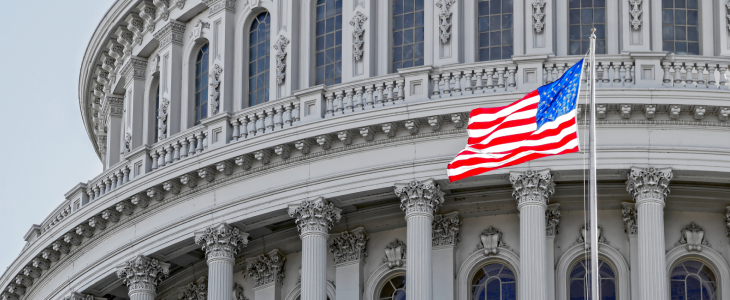The False Claims Act (FCA) is a powerful tool in fighting fraud against the government, but there are many misconceptions about what it is and how it works. These misunderstandings often prevent people from stepping forward with valuable information. Here, we’ll take a closer look at the most common misconceptions surrounding the False Claims Act so you can feel confident in understanding your rights and responsibilities.
Misconception #1: The False Claims Act Only Applies to Healthcare Fraud
A widespread myth is that the FCA only covers healthcare fraud, like billing Medicaid for services not provided. While healthcare fraud is a major focus, the FCA covers a broad range of industries. Contractors who overcharge the government, suppliers providing defective goods, or companies that knowingly breach their contracts—these are all covered under the Act. Essentially, any business that defrauds the government can be held accountable. You’re not limited to reporting healthcare-related issues; if you know about fraud in any industry, the FCA might be applicable.
Misconception #2: Only Employees Can File a False Claims Act Case
Many people believe that only employees can act as whistleblowers. This isn’t true. The FCA allows any individual who has non-public information about fraud against the government to file a claim. This includes independent contractors, former employees, or even individuals who became aware of fraudulent practices through indirect means. The Act is designed to encourage anyone with relevant information to come forward, regardless of their current employment status. If you possess knowledge of fraudulent activities, you can play a role in holding wrongdoers accountable.
Misconception #3: The Government Always Takes Over the Case
People often assume that the government takes over every FCA case. In reality, when you file a qui tam action (a whistleblower lawsuit), the government decides whether it will intervene based on the strength of the evidence. Sometimes they do step in, but many cases proceed with the whistleblower—known as the relator—and their legal team taking the lead. Even if the government declines to intervene, the whistleblower can still pursue the case. Whistleblowers are often the driving force in these lawsuits, and a dedicated legal team can help bring a successful outcome even without direct government involvement.
Misconception #4: Whistleblowers Face Guaranteed Retaliation Without Protection
Another common belief is that coming forward under the FCA means you’re guaranteed to face retaliation from your employer without any recourse. While retaliation can happen, the FCA has strong protections in place to shield whistleblowers. If an employer demotes, terminates, or otherwise discriminates against you for blowing the whistle, you have legal rights. The law allows you to seek reinstatement, back pay, and even compensation for damages. It’s understandable to be concerned about backlash, but the protections built into the FCA help ensure that individuals who come forward are not left vulnerable.
Misconception #5: You Need Concrete Proof of Fraud Before Filing a Claim
Many people believe that they need to have concrete, indisputable evidence of fraud before filing a False Claims Act case. While having strong evidence certainly strengthens the case, the FCA does not require you to have irrefutable proof before coming forward. Whistleblowers are often the ones to alert the government to potential fraud, and an investigation can uncover the necessary details. If you have reasonable knowledge or suspicion of fraud, you are encouraged to step forward. The investigation process will help verify and gather further evidence, so don’t hesitate if you think your information isn’t enough.
Understanding Your Rights
Understanding the False Claims Act is key to knowing how you can make a difference in stopping fraud against the government. Clearing up these common misconceptions can help you better understand the law’s scope and the protections available. If you have any questions or think you have information that might fall under the FCA, don’t hesitate to reach out to the Herman Law Group. We’re here to help guide you and stand by your side throughout the process.
Herman Law Group, headquartered in East Providence, provides False Claims Act legal services across the United States. Our firm offers specialized support nationwide, ensuring whistleblowers and individuals can confidently report fraud against the government, knowing they have legal representation. We are dedicated to protecting whistleblowers and helping them navigate the complexities of the False Claims Act to expose fraud and misconduct anywhere in the country.


